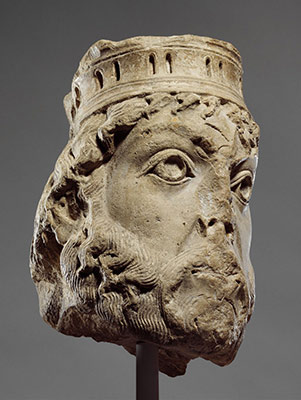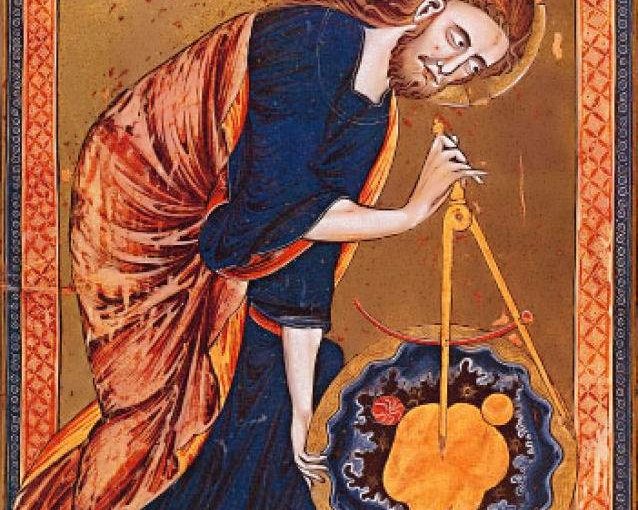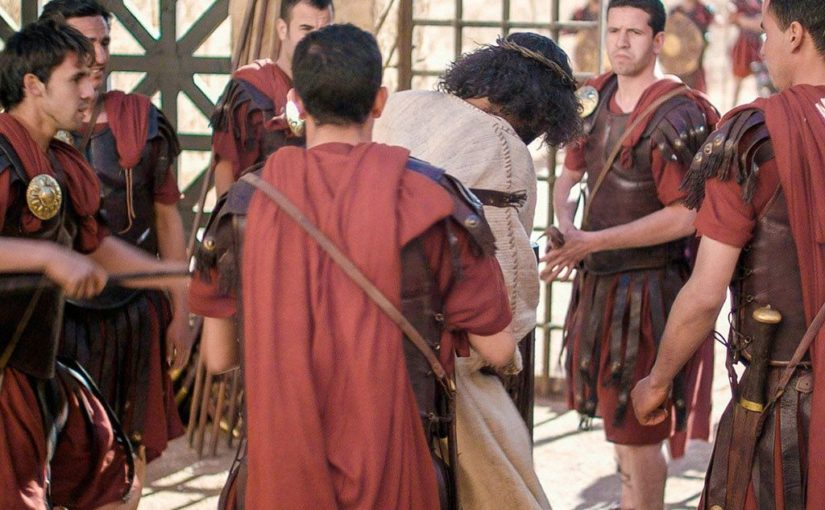Now may the God of peace who brought up our Lord Jesus from the dead, that great Shepherd of the sheep, through the blood of the everlasting covenant.
Hebrews 13:20
The Lord Jesus gave Himself the title of “Good Shepherd” in John 10:11 saying that He gives His life for His sheep. In the last chapter of Hebrews, He is called the Great Shepherd of the Sheep. The first describes what Christ saw His job to be. The second was the opinion of the sheep concerning their caretaker.
Members of the Secret Service are required to sign a paper stating that they would be willing to sacrifice their lives in an attempt to save the President or some other V.I.P. that they were ordered to protect. I never heard of anyone willing to die for mutton on the hoof, much less requiring dying for the sheep in the job description for being a shepherd. Christ willingly gave His life so that His flock could live. The sheep were deeply grateful and voted Him Great Shepherd of the Sheep.
Sometimes we forget that the Lord didn’t have to do this. No one would begrudge a shepherd boy for not standing between a pack of ravenous wolves and his flock. To do so would mean certain death and, after all, a bunch of dumb, smelly animals wouldn’t be worth the sacrifice.
The angels in heaven must have wondered the same thing. “Why would the King of kings sacrifice himself to save those stupid, ungrateful human beings?” Probably even more perplexing was, “Why did the LORD God Almighty have to become the Lamb of God in order to be the perfect substitute for these ‘sheepeople’?”
If Christ did not die for the sins of this world, God would have still have been the God of the universe; He just wouldn’t have been the God of love and mercy that we know Him now to be. The fact remains that Jesus did give His life as a Great Shepherd of the Sheep.
October 5









